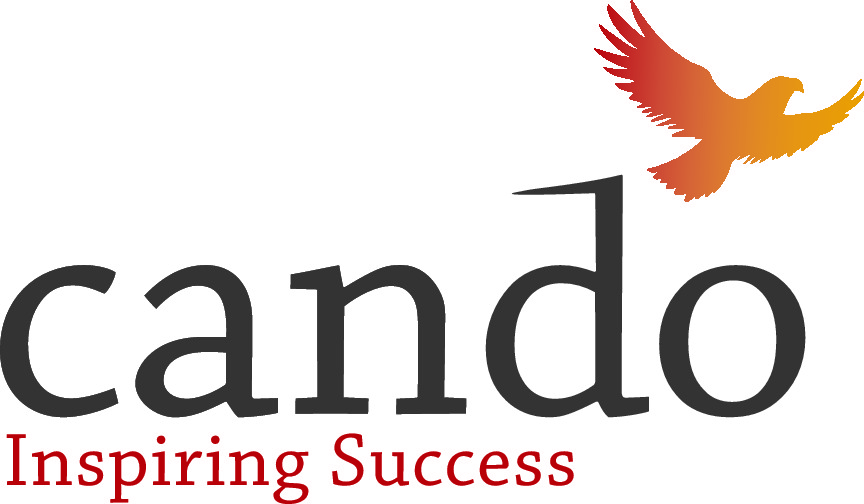Insights Into Community Development In First Nations: A Poverty Action Research Project
DOI:
https://doi.org/10.54056/LSLG5496Keywords:
Action research, Advisory committees, Business And Economics, Collaboration, Community development, Councils, Employment, Empowerment, Ethnic Interests, Health care, Interest groups, National reconciliation, Native North Americans, Older people, Political organizations, Poverty, Reconciliation, Social services, Teams, Women, Working relationships, Indigenous, Indigenous economic development, Indigenous community developmentAbstract
This research adds to the understanding, planning, and implementation of community health and wellness development in First Nation communities: transformative insights revealed through the Poverty Action Research Project. The article describes key learnings that respect different worlds and languages, thereby fostering and nurturing key relationships. Additional insights, related to community direction, cultural influences, and community-level descriptions of poverty are shared. As well, the local and often unique determinants of health and well-being, the role of external supports, the benefits of "bridging social capital", and the acknowledgment of community-based politics are highlighted. Six recommendations are made for policy change in support of distinctive poverty alleviation initiatives, acknowledging differing approaches to collaborative assessment, planning, and implementation.
Downloads
References
Baron, Stephen, John Field, and Tom Schuller, eds. Social Capital: Critical Perspectives. New York: Oxford University Press, 2000.
Bartlett, Cheryl, Murdena Marshall, and Albert Marshall. “Two-Eyed Seeing and Other Lessons Learned within a Co-Learning Journey of Bringing Together Indigenous and Mainstream
Knowledges and Ways of Knowing.” Journal of Environmental Studies and Sciences 2, no. 4 (2012): 331–40.
Brant Castellano, Marlene, and Frederic Wien. “Sharing the Land, Sharing a Future: Marking the 20th Anniversary of the RCAP Report.” Concept paper, second draft, 1 May 2016.
Canadian Institutes of Health Research, Natural Sciences and Engineering Research Council of Canada, and Social Sciences and Humanities Research Council of Canada. “Tri-Council Policy Statement: Ethical Conduct for Research Involving Humans — TCPS 2.” 2018. https://ethics.gc.ca/eng/policy-politique_tcps2-eptc2_2018.html
Chandler, Michael, and Christopher Lalonde. “Transferring Whose Knowledge? Exchanging Whose Best Practices? On Knowing about Indigenous Knowledge and Aboriginal Suicide.” In Aboriginal Policy Research: Setting the Agenda for Change, vol. 2, edited by J. White, P. Maxim, and D. Beavon, 111–123. Toronto: Thompson Educational Publishing, 2004.
Cornell, Stephen. “American Indians, American Dreams, and the Meaning of Success.” American Indian Culture and Research Journal 11, no. 4 (1987): 59–70.
Dockstator, Jennifer S., Eabametoong First Nation, Misipawistik Cree First Nation, Opitciwan Atikamekw First Nation, Sipekne’katik First Nation, T’it’q’et, Lillooet, BC, Gerard Duhaime, Charlotte Loppie, David Newhouse, Frederic Wien, Wanda Wuttunee, Jeffrey S. Denis, and Mark. Dockstator. “Pursuing Mutually Beneficial Research: Insights from the Poverty Action Research Project.” Engaged Scholar Journal 2, no. 1 (2016): 17–38.
Halpern, David. Social Capital. Cambridge, UK: Polity Press, 2004.
Lin, Nan, Karen Cook, and Ronald S. Burt, eds. Social Capital Theory and Research. New York: Routledge, 2001.
Lonczak, Heather, Lisa Rey Thomas, Dennis Donovan, Lisette Austin, Robin L.W. Sigo, Nigel Lawrence, and Squamish Tribe. “Navigating the Tide Together: Early Collaboration between Tribal and Academic Partners in a CBPR Study.” Pimatisiwin: A Journal of Aboriginal and Indigenous Community Health 11, no. 3 (2013): 395–409.
Moore, Carla. “Implementing Chapter 9 of the Tri-Council Policy Statement on the Ethics of Research Involving Aboriginal Peoples.” In “Canada: How’s It Going?” (MA thesis, Dalhousie University, 2015). http://hdl.handle.net/10222/64699.
Schnarch, Brian and First Nations Centre. “Ownership, Control, Access, and Possession (OCAP) or Self-Determination Applied to Research: A Critical Analysis of Contemporary First Nations Research and Some Options for First Nations Communities.” Journal of Aboriginal Health 1, no. 1 (2004): 80–95. http://www.naho.ca/jah/english/jah01_01/journal_p80-95.pdf.
Smylie, Janet, Nili Kaplan-Myrth, Kelly McShane, Métis Nation of Ontario–Ottawa Council, Pikwakanagan First Nation, and Tungasuvvingat Inuit Family Resource Centre. “Indigenous Knowledge Translation: Baseline Findings in a Qualitative Study of the Pathways of Health Knowledge in Three Indigenous Communities in Canada.” Health Promotion Practice 10, no. 3 (2009): 436–446.
Stiegman, Martha L., and Heather Castleden. “Leashes and Lies: Navigating the Colonial Tensions of Institutional Ethics for Research Involving Indigenous Peoples in Canada.” International Indigenous Policy Journal 6, no. 3 (2015): 1–10. https://ojs.lib.uwo.ca/index. php/iipj/article/view/7465/6109
Wien, Frederic. “Profile of the Membertou First Nation, Nova Scotia.” In Growth of Enterprises in Aboriginal Communities, S. Loizides and R. Anderson, eds., 19–20. Ottawa: Conference Board of Canada, 2006.
Wien, Frederic. “A Poverty Reduction Approach to Improving the Health and Well-Being of First Nations Communities” (unpublished research proposal summary), 2010.
Downloads
Published
Issue
Section
License
Copyright (c) 2022 Cando

This work is licensed under a Creative Commons Attribution-NonCommercial-NoDerivatives 4.0 International License.




